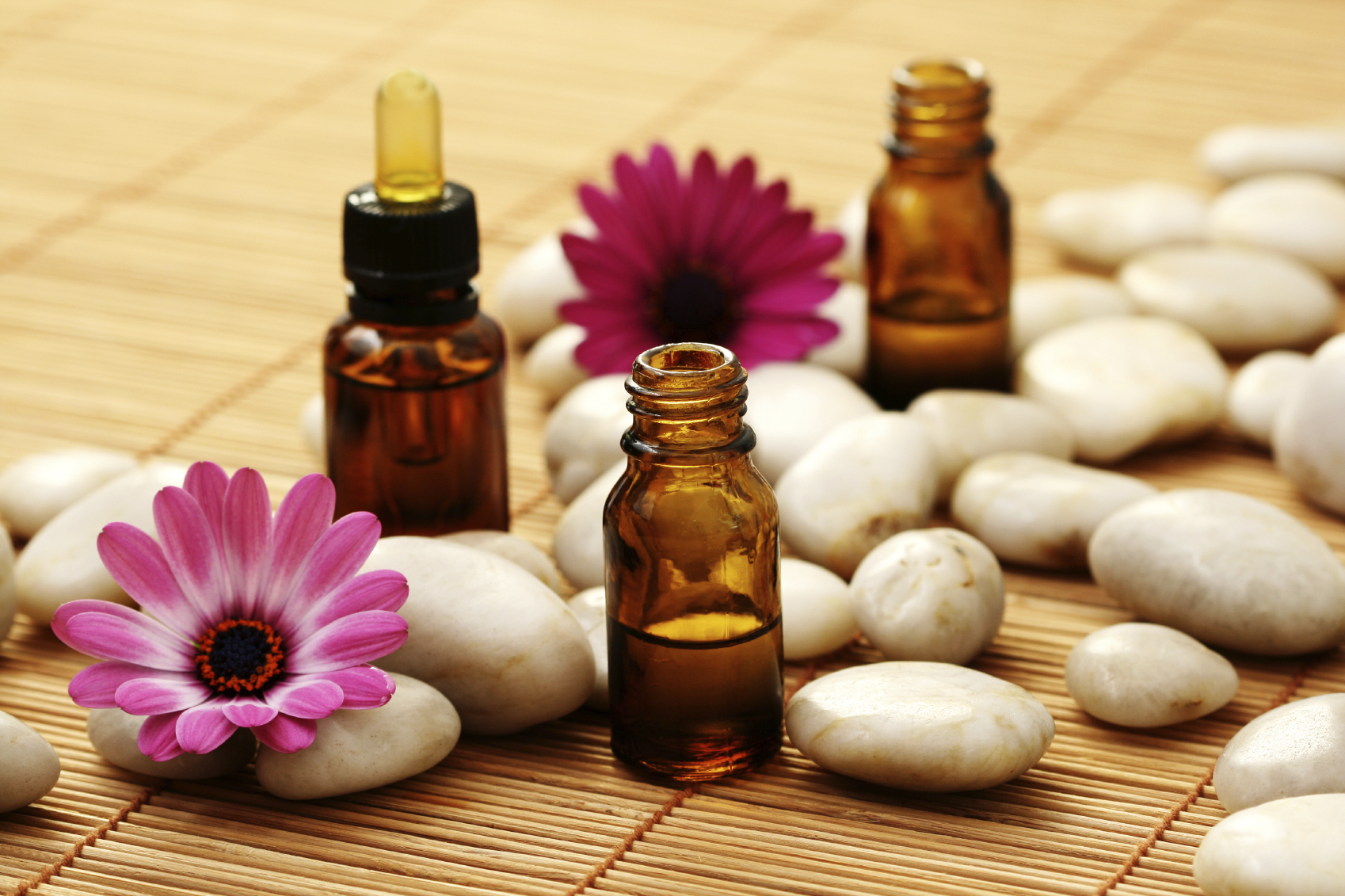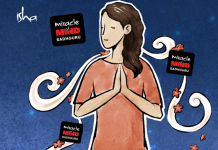Aromatherapy is a generic term for the art and science of utilizing naturally extracted aromatic essences (including essential oils) from plants to balance, harmonize, and promote the health of body, mind and spirit. It seeks to unify physiological, psychological, and spiritual processes to enhance an individual’s innate healing process.
In addition to essential oils, aromatherapy encourages the use of other complementary natural ingredients including cold pressed vegetable oils, jojoba (a liquid wax), hydrosols, herbs, milk powders, sea salts, sugars, clay, and muds.
We need to take note that perfume oils (aka fragrance oils) are not the same as essential oils. Both fragrance oils and perfume oils contain synthetic chemicals and do not promote the therapeutic benefits of essential oils.
You can choose various aromas as aromatherapy. Each kind of aromatherapy has certain function, and it is not only for giving nice scent to our room, but also health benefits for you. Here are some aromas and its benefit:
- Bergamot is used to treat stress, depression, anxiety, anorexia, and a number of infections including skin infections like psoriasis and eczema. It is also used to stimulate the liver, digestive system and spleen, and provide an overall lift to those suffering from a general malaise. Caution: if it is applied directly to the skin in its pure form, Bergamot can potentially burn the skin, especially in sunlight. You would recognise this smell from Earl Grey tea.
- Cedarwood oil is often used as a calming agent to help alleviate stress and anxiety, as it also provides spiritual lift. It also aids respiratory problems and skin issues. Caution: cedarwood can irritate the skin if applied directly to it. It also should not be used during pregnancy.
- Chamomile is a powerful calming agent, as well as antibiotic, antiseptic, antidepressant and overall as mood lifter. Avoid during pregnancy and if allergies to Ragweed are present.
- Eucalyptus is a powerful treatment against respiratory issues. It is also good as an antiseptic, antispasmodic, decongestant, diuretic, and stimulant. The cooling properties in eucalyptus help fight migraines and fevers. Women who are pregnant or breast-feeding should avoid using Eucalyptus, as should individuals who suffer from epilepsy.
- Jasmine has been long known to ease depression and childbirth. It is also great for respiratory problems as well as reducing tension and stress. This essential oil is a fairly safe essential oil as its non-toxic. It can cause an allergic reaction; however, pregnant women should avoid jasmine.
- Lavender has the following therapeutic properties: antiseptic, antidepressant, anti-inflammatory decongestant, deodorant, diuretic and sedative.
- Lemon oil helps with everything from skin irritation to digestion to circulation problems. It also helps to alleviate headaches and fever, and is a quick mood enhancer
- Peppermint can energize, soothing nausea and other stomach issues, help stop itching, and cool overworked muscles. Although non-toxic, the menthol component in peppermint can bother some individuals. Keep away from small children and do not use while pregnant.
- Rose helps with a number of illness and conditions, such as depression, anxiety and digestion issues. It is also helps with circulation, hearth problems and respiratory conditions like asthma. Caution: avoid this during pregnancy as it can cause a miscarriage
- Rosemary is widely known as a mental stimulant, antidepressant, enhancing memory and overall brain performance. Avoid rosemary if you have been diagnosed with epilepsy or high blood pressure. Pregnant women should also avoid this essential oil.
- Sandalwood oil can help mucous membranes of the urinary tract and chest wall, so it helps to alleviate chest pain. Many practitioners of yoga use sandalwood for its calming and relaxing effects. It is a hydration aid for the skin, as well as an anti-inflammatory.
- Tea tree is a great immune booster and it works well as an insecticide. In addition, it helps to soothe and treat cold sores, respiratory conditions, muscle aches, flu, athlete’s foot and dandruff.
- Ylang-ylang has powerful calming properties, and it is also used to soothe headaches, nausea, skin conditions, stimulate hair growth, reduce high blood pressure and fight intestinal problems. Although this oil is non-toxic, overuse can lead to headaches.





